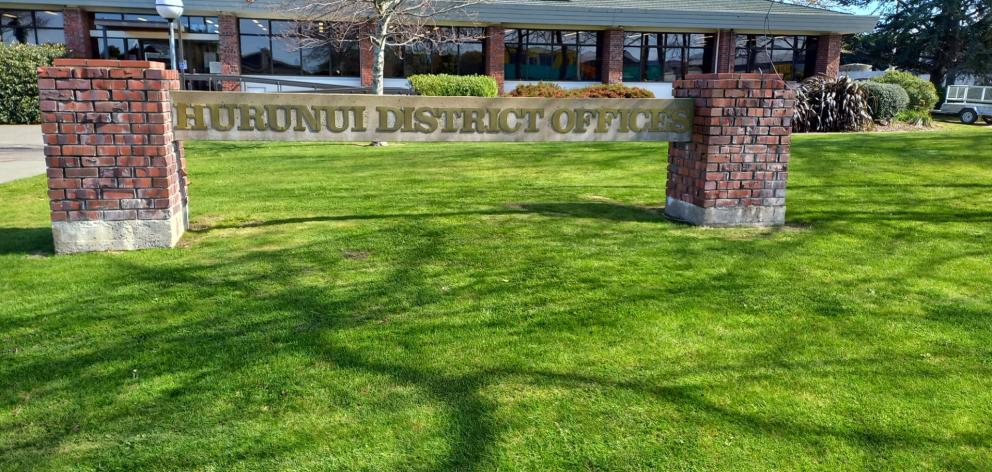
Kaikōura and Hurunui district councils are working to create a joint water services council controlled organisation (CCO) as part of the Government's water policy.
Meanwhile, the Waimakariri District Council has approved its governance processes for a new in-house water services entity.
Both water service delivery plans have been approved by the Department of Internal Affairs.
Waimakariri’s average water costs are expected to rise 34% from $1738 per household in 2025 to $2268 in 2034, making it one of the lowest increases in the country.
In contrast the Hurunui and Kaikōura councils anticipate an 81% rise over the same period from $1520 this year to $2746 in 2034, which ranks them mid-table.
Kaikōura District Council chief executive Will Doughty said there won’t be any noticeable change to residents' water services until July 1, 2026, when a new organisation owned by both councils will take over.
‘‘This organisation will then be wholly responsible for the ongoing management and delivery of safe drinking water and handling of your wastewater and stormwater.’’
The Hurunui and Kaikōura councils agreed to form a joint CCO earlier this year, after considering different options alongside the Waimakariri District Council.
Hurunui District Council chief executive Hamish Dobbie said the new CCO will have its own governance structure and will operate independently from the two councils from July next year.
A joint council oversight group will be established before Christmas to ensure the process runs smoothly, he said.

‘‘There has been heavy investment in water services from both councils in the last 10 years,’’ Mr Dobbie said.
‘‘So, when those resources are transferred over to the new organisation on July 1, 2026, you can rest assured those assets will be in great shape and safe in the CCOs hands.’’
Waimakariri Mayor Dan Gordon said reports on its water services will be presented in a separate section in council agendas, with the full council providing governance.
Operational matters will continue to be reported to the utilities and roading committee, as they are now.
‘‘With a CCO, reports would go to a separate entity with little council input,’’ Mr Gordon said.
‘‘We surveyed our residents and 97.2% of respondents told us they wanted the council to keep control of water services.’’
Under the Local Government (Water Services) Act 2024, CCO boards must comprise independent members, with elected members and staff unable to be appointed.
The three councils plan to continue collaborating, with the Hurunui council supplying water to households in the Ashley and Loburn areas, while Waimakariri offers design and IT services to the Hurunui and
Kaikōura councils’ water units when needed.
■ LDR is local body journalism co-funded by RNZ and NZ On Air.












